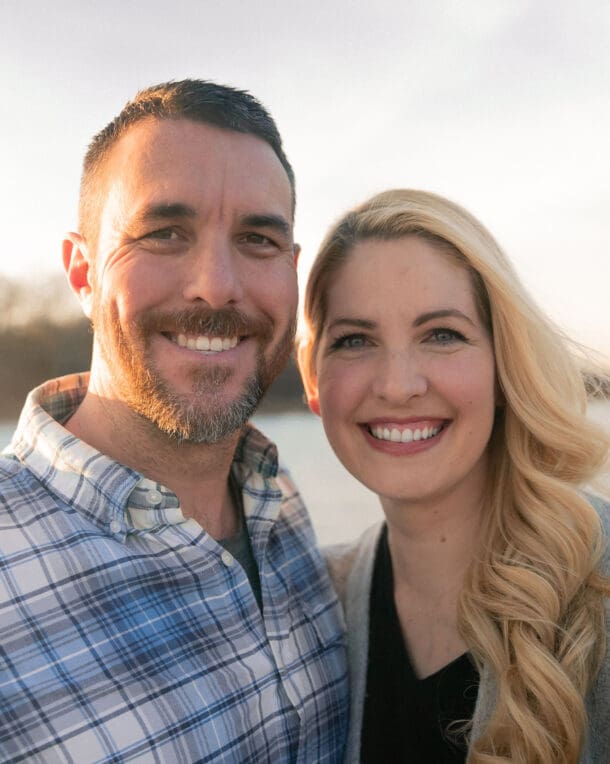“What if the priest remembers me?”
“Will the priest tell other people my sins?”
“Wait…I have to go to Confession again?”
We’ve fielded these and all sorts of other delightful questions from our oldest children as they’ve prepared for their First Reconciliation and their First Communion. It’s been a powerful experience, as parents, to not only be given the gift of children but also to be forming them slowly, year-by-year, and now finally to witness their ability to receive Our Lord in the Eucharist and the graces of Confession.
With these milestones can also be teaching moments aplenty, and one of our recent conversations centered around the nature of mistakes vs. sins. Sometimes when our kids do something wrong, such as breaking a vase or pouring expensive makeup down the drain, (and we as parents react with anger), they can equate that behavior with a sin. Here is where we can assist in bringing clarity to our children and showing them God’s patience and mercy—even if we have to go and cool off for a bit as parents ourselves.
Sins are bad choices that we know are wrong and commit them anyway. Mistakes are actions done on accident. We all make mistakes and we are all wounded by sin. And so we need to need to bear one another’s burdens and patiently teach those little ones entrusted to our care to commonly fulfill the call of Christ (Galatians 6:2).
We were blessed to be a part of Ascenion Press’ newest programs Renewed and Received which help young people and their families prepare for their first Reconciliation and Communion. In the kids’ companion guide for Confession, Renewed by Jesus: My Guide to Reconciliation, it lists out some helpful guidelines for children to understand when a behavior might be sinful:
- It is a choice that we make (NOT something we do by accident).
- It is a choice to do something that God tells us not to do.
- It is a choice NOT to do something God tells us to to do.
- It is a choice that is bad for us and the people around us.
- It is a choice that pushes us away from God and heaven.
There are so many “teachable” moments throughout the day that can lend to excellent conversations for children and parents. As kids mature from chaotic toddlerdom into that wonderful land called the “age of reason,” important questions about God, the faith, and right-and-wrong abound. Here is where children can begin to comprehend the distinction between an honest mistake and an intentionally committed sin. Hitting your classmate in the face with a volleyball? That’s (hopefully) an accident! Cheating on homework, stealing something, or lying to a parent? That’s a sin. Kids can handle more than we think, and this includes talking with them about these heavy topics—topics not meant to bring shame, but clarity and freedom.
From infancy, boys and girls are watching our faces and our reactions to their behavior. “Do mom and dad delight in me? What actions are approved and what gets me in trouble?” Children are trying to attune themselves to us as parents and figure out what behaviors get rewarded and what ends in punishment. We can’t help but project these experiences onto God and many people live their faith life out of a scrupulous fear of God rather than trust in his love and mercy, equating any ill thought or mistake as a serious sin.
God is not a sheriff waiting to catch us doing wrong or a judge coldly handing out punishments—God is dynamic, eternal exchange of love and he is inviting us into that divine life of the Trinity! (Catechsim of the Catholic Church #221). This is why we should run as parents, instructing our children and bringing them along, to be reconciled to Christ through his beautiful sacraments.
No matter the sin, God never tires of forgiving us. Instead of being angry and turning away from us, God is always waiting, like the father of the prodgial son (Luke 15). There is no sin too great that God will not forgive, as long as we run home to him! As parents, we are the first models of God’s forgiveness, be it for the mistakes of drawing on the wall or the most serious of sins.
_________________________________________________________________________
Image: Depositphotos



